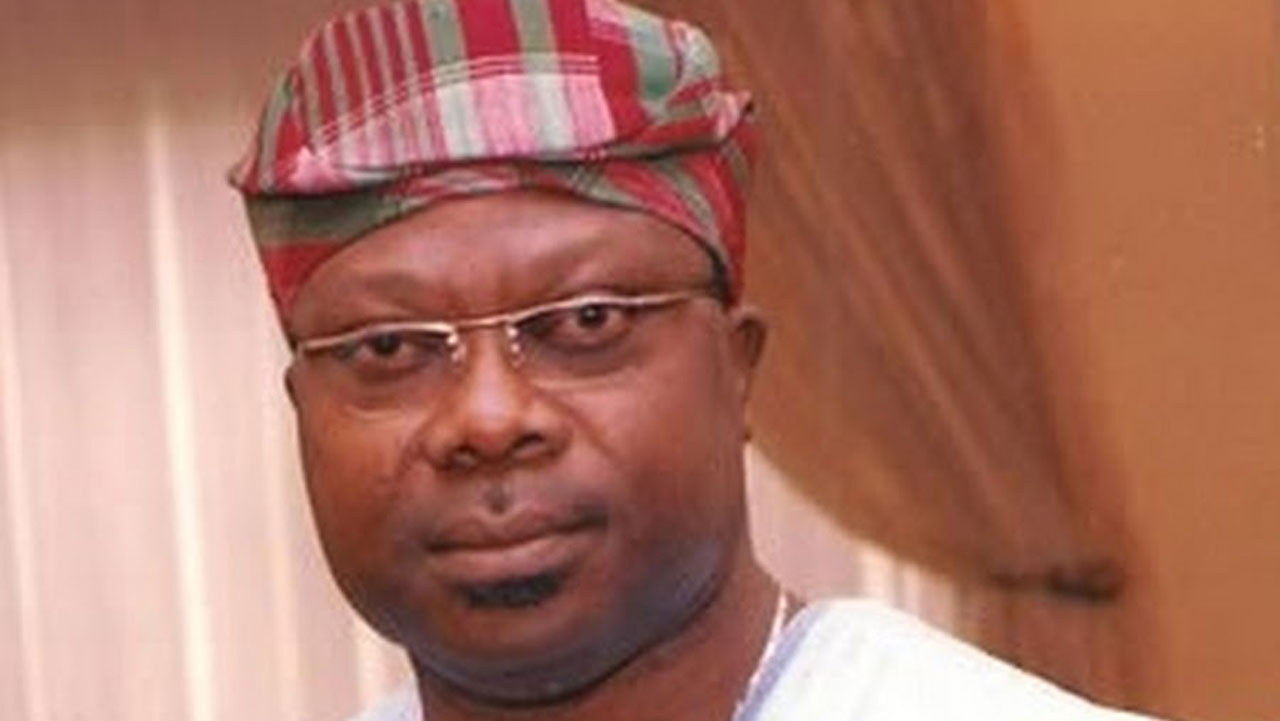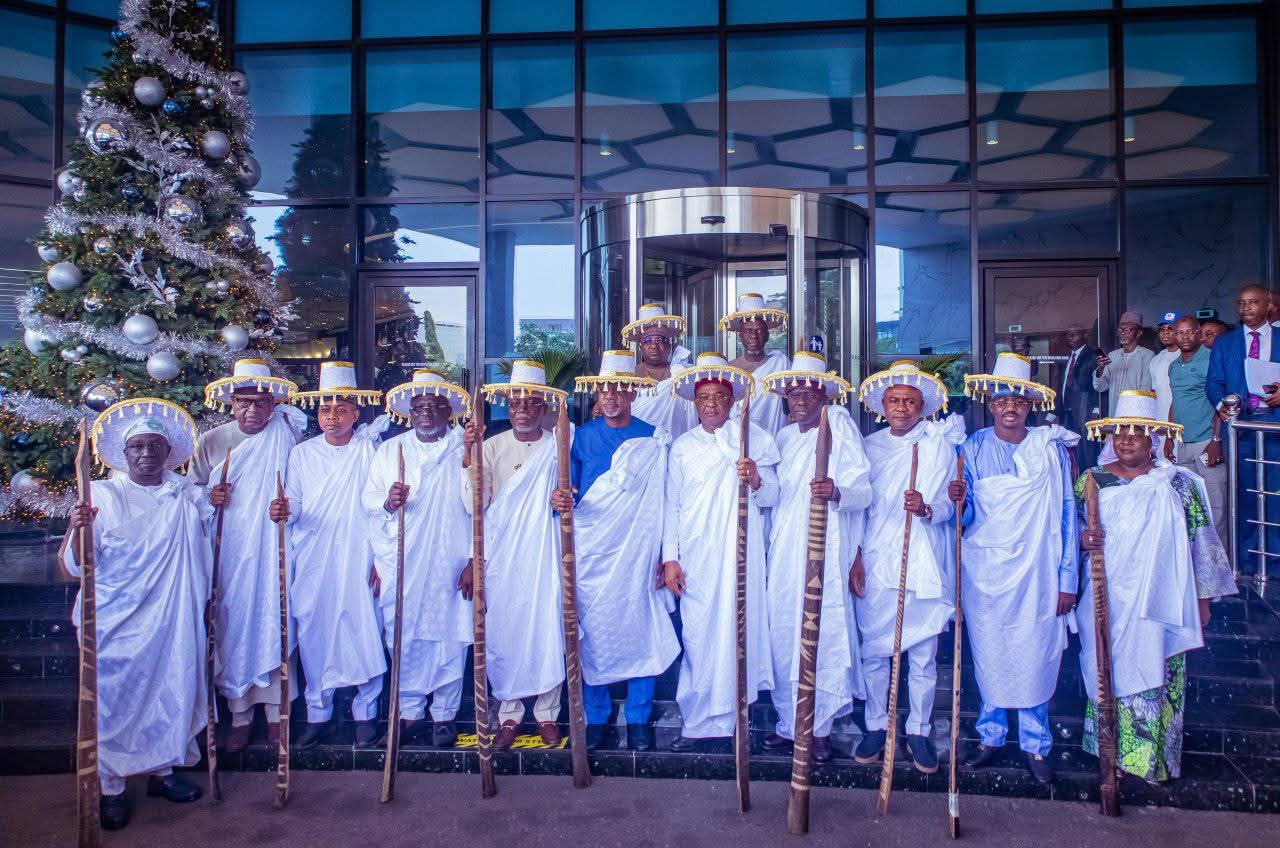
Nigerian government can be very touchy when it comes to the performance of the country’s economy. In its effort to project an image of Nigeria as the leading heavyweight on the continent, despite its huge and growing insecurity problems, the Nigerian government is not taking any negative statements about its economic growth lying down.
Other activities that have heightened insecurity in Nigeria also include human and drug trafficking, porous borders that allow infiltration of illegal aliens, arms and ammunitions, ethno-religious conflicts, political-motivated violence and economic-based violence.
A recent report from SB Morgan Intelligence shows that the proliferation of small arms and dangerous ammunition has continued to increase the rate of violence and insecurity in Nigeria.
The number of small arms in circulation in the hands of civilian non-state actors is estimated at 6,145,000, while the armed forces and law enforcement collectively account for 586,600 firearms,” the report published in October 2020 claimed.
Research also shows that there are more than a billion small arms in circulation globally, with 87.5% of those weapons in the hands of civilians.
According to the Small Arms Survey of 2018, there are over 40,009,000 small arms in the hands of civilians or non-state actors in Africa. In Nigeria, this free access has resulted in violence, militancy, kidnappings, armed robbery, mass killings, and communal, ethnic and religious clashes across various regions of the country.
The SBM Intelligence report also revealed that illicit arms are obtained in a variety of ways reliant on factors such as porous borders, sea smuggling, police indiscipline, local manufacturing, amongst others.
Nigeria’s porous borders warrant easy and free flow of weapons into the country as some of the weapons used in conflicts have been identified with origins from Ivorian or Libyan stockpiles. Ammunition from at least 21 different countries have been used in the Nigerian conflict over the years.
The seas have also provided illicit arms smugglers a business chance into Nigeria using the Gulf of Guinea on speed boats while some attempt to get the weapons through the ports.
In January 2017, 661 pump action rifles were seized at the Apapa port. Also in May of the same year, 440 Firearms were seized and another 1,100 pump action rifles were also seized in September 2017, the seizure the security agency or the government never spoke on thereafter.
Arms imported into Nigeria are transported to their intended destinations via tricky means and disguises. Weapons are usually hidden in lorries carrying items from Burkina Faso, rice sacks from Benin republic, and in between bales of second-hand clothes called Okrika.
In fact, some suppliers of locally made weapons within the country confirm their availability to deliver weapons anywhere in Nigeria, disguising with bags of staple foods or other major supplies. “In Benue and Plateau states, both in the North Central region, locally made weapons are estimated to be used in over 50 per cent of crimes committed; 62 per cent for Benue State, and 69 per cent for Plateau State. In Adamawa State in the North East, it is 32 per cent,” SBM reported.
Nigerian Customs seizure data between 1999 and 2006 pointed to Southern Nigeria locations of Lagos, Port Harcourt, Seme, Badagry, Sagamu, Lekki-Ajah beach, Ijebu-Ode, Idi-Iroko, Osun, Oyo, Onitsha and Owerri as Major Distribution points. Other major distribution points across Nigeria include Jos, Ilorin, Makurdi, Bukari, Takum, and other locations around the Nigeria-Chad border.
So, how much do these guns go for?
Type of Arms Price Range
AK-47 Rifle 300k – 1.4m
K1 Rifle 200k – 900k
Pump Action Rifle 250k – 500k
Pistol 150k – 600k
Locally made pistol 5k – 50k
Locally made AK-47 Rifle 300k – 350k
Locally Made single barrel gun 10k – 40k
Over 35,000 people have been killed by Boko Haram since 2011, according to Council for Foreign Relations (CFR). A study of datasets between 2006 and 2015 revealed that there were 2,363 cult related deaths across 28 states in Nigeria while Rivers accounted for the most deaths at 765, which is 32 per cent of the total number while Lagos followed with 323 deaths.
Due to the unrest in the South-South, Nigeria lost about 400,000 barrels of oil to crude oil theft, which amounted to at least N4.8bn in 2015 and by 2019, Nigeria had become the world’s oil theft capital, having lost about N1 trillion.
The NYA (now CRISIS24) risk report from 2017 compiled from an analysis of a database of over 19,000 kidnap incidents worldwide, identified Nigeria as being the country with the highest number of incidents in Africa for the year 2017.
In an article titled “Nigeria Election Special: Insecurity on the Eve of Polls” and published by The Africa Report on Feb 15th of 2019, its opening statement read Boko Haram splinter group ISWAP has been stockpiling weapons ahead of the vote.
In February 2018, ISWAP kidnapped 110 schoolgirls in the town of Dapchi, 275km away from Chibok where Boko Haram had abducted more than double that number of young girls four years ago.
In the same vein, a December 2010 special report released by the United States Institute of Peace (USIP) revealed the patterns of Electoral Violence in Nigeria.
But, just before the major drivers of conflict during election season, it is important to note that election-related violence across Nigeria occurs in predictable patterns. Electoral conflicts typically fall into four related categories: Intraparty feuding, Inter-party clashes, Electoral-events violence, and Communal unrest.
With unemployment and under-unemployment figures rising up cumulatively to 42% or more according to the National Bureau of Statistics (NBS), ISWAP and other terrorist groups will put in less effort to recruit citizens.
More worrisome is the fact that weapons released to miscreants during elections don’t come back to their sponsors. Just as street urchins cause chaos with weapons in their care, there are unverified men in police uniforms and criminals walking confidently with weapons in the name of being a vigilante member. To say the least, bandits are known to steal weapons owned by slain soldiers of the Nigerian army during gunfights.
In Nov 29, 2020, media houses published the story on how agricultural labourers numbering more than 43 were slaughtered in rice fields near Maiduguri in Borno State, and many other similar stories have since propped up at different angles of the society, with no permanent solution in sight.
The Nigerian Governors’ Forum, in December 2020 admitted that the military has been completely overwhelmed by the security challenges facing the country, even though the budgetary allocation for defence in Nigeria annually is usually around US$1.9 billion (N724bn).
What is the way forward?
ON Thursday, May 31, 2001, the United Nations General Assembly approved a gun control treaty that calls on all nations to work together to prevent, combat and eradicate the illicit manufacturing of and trafficking in firearms, their parts and components, and ammunition.”
And back home in Nigeria on May 30, 2019, the House of Representatives urged the Federal Government to reverse its executive order restraining gun ownership. It said the decision strips citizens of their rights to life and self-defence amid growing attacks by bandits, kidnappers and other criminals. It also urged President Muhammadu Buhari to sign into law a bill establishing a commission against the proliferation of small arms and light weapons.
It is only when the product leaves the factory and enters the chain of commerce that the possibility of becoming illegal arises. The same gun can be legal or illegal at different points in that chain of commerce, depending on who has it in their possession.
To go beyond the insecurity and dangers associated with arms trade and movement, government must be ready to improve and invest in border security, economic empowerment, active intelligence gathering, better community policing, stronger ammunition control policy while peace makers for conflict resolution strategies are deployed.






